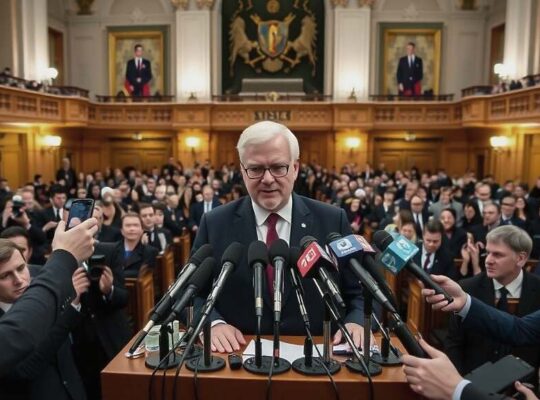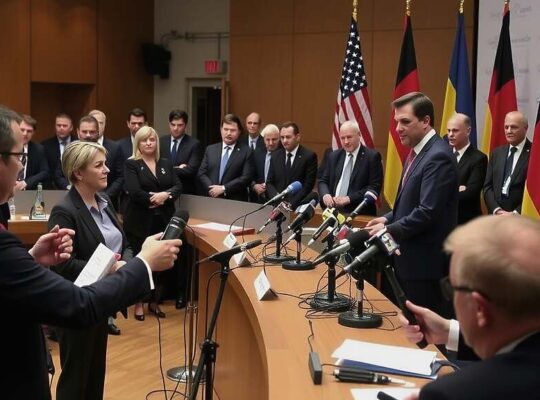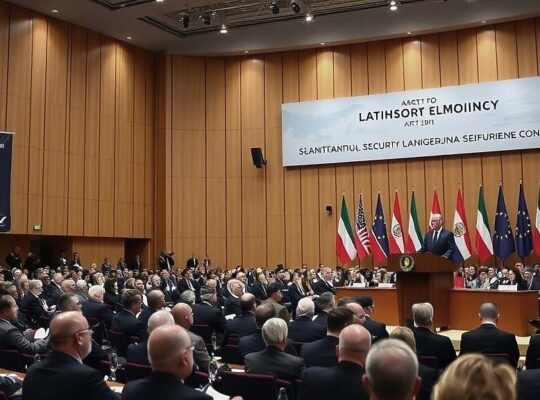“Internal Discord Erupts Over Proposed Asylum Reform”
A fissure has emerged within Germany’s governing coalition and its associated factions regarding the planned overhaul of the Gemeinsame Europäische Asylsystem (GEAS), the European Asylum Support System. Two prominent members of the Social Democratic Party (SPD), Helge Lindh and Rasha Nasr, have publicly distanced themselves from a joint statement released by the SPD’s working group on migration and diversity and a similar group within the Green Party. The declaration, intended to scrutinize and influence the implementation of the GEAS reform, has triggered a debate about the appropriate channels for parliamentary critique.
Lindh, speaking to T-Online, questioned the strategic value of the joint paper, suggesting it risked alienating coalition partners and exerted undue pressure on Bundestag members. He voiced concerns that the move may be motivated more by a desire for public image – demonstrating a commitment to human rights – than a genuine intention to improve the lived reality for asylum seekers. He emphasized the document originated from party working groups, not the Bundestag itself, underscoring its unofficial status.
Nasr, the SPD’s migration policy spokesperson, echoed Lindh’s sentiments, confirming the absence of formal discussions between the SPD and the Greens on the issue. She asserted the SPD’s ability to independently identify and critique problematic aspects of the GEAS reform, rejecting the need for external validation or collaboration. While acknowledging the merit of the concerns raised within the joint paper – specifically criticisms of certain aspects of the reform – Nasr stressed that such critiques do not constitute a coalition breach but represent a standard and responsible parliamentary process.
Despite the public distancing, Nasr maintained that the SPD takes such internal feedback seriously, reaffirming the party’s commitment to a humane and orderly migration policy that adheres to the rule of law, remains practicable and safeguards human dignity in the implementation of the EU’s asylum reform. The episode highlights the delicate balance between coalition unity and the pursuit of robust human rights considerations within a politically sensitive and complex area of policy. The disagreement also underscores the ongoing tension between official parliamentary channels and the actions of internal party factions seeking to shape legislative outcomes.












